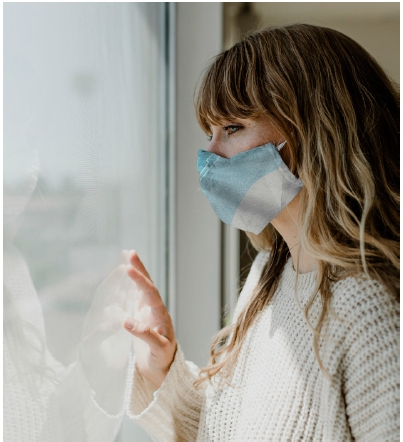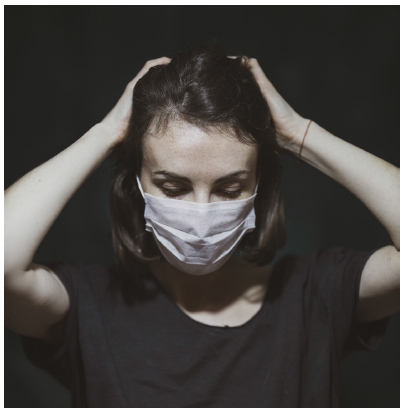Serviços Personalizados
Artigo
Indicadores
Links relacionados
-
 Citado por Google
Citado por Google -
 Similares em Google
Similares em Google
Compartilhar
South African Dental Journal
versão On-line ISSN 0375-1562
versão impressa ISSN 0011-8516
S. Afr. dent. j. vol.76 no.5 Johannesburg Jun. 2021
EDITORIAL
The danger of caution-fatigue in the COVID-19 Pandemic
Neil H Wood
MDent(OMP), PhD, Managing editor of the SADJ. Email: neil.wood@smu.ac.za

We are firmly in the grip of the third-wave of the COVID-19 pandemic, with the Gauteng province being the current epicenter for the disease. We see numerous reports in the media that our hospitals are full, medical staff are struggling and that resources may run low. We have also learnt from WHO reports that we are facing the rapid spread of the Delta-variant of the virus and will perhaps soon see increases in the Lambda variant.
Since the start of this global pandemic, we have been given countless reminders and instruction to keep our distances, to stay masked, to sanitize regularly, not to touch our eyes, mouths, or faces in general, and many other iterations of these. The initial impact of these reminders can be quite effective under normal circumstances; however we are now facing a newer challenge with potentially serious consequences: Caution fatigue.
Caution-fatigue, or pandemic-fatigue has been called by many names, but there is a clear picture emerging on the effect thereof on populations. The strain of making a persistent effort to adhere to our personal daily precautions, and of actively having to remind oneself from each moment to the next to distance, sanitize, mask-up and stay safe is draining and places additional stress on a person.


Our minds have been bombarded with this information, but within our inherent capacity to de-escalate our fight-or-flight systems we lose some sensitivity to the very serious threat that COVID-19 poses. It may be that someone has not been infected and this can create a false sense of security. Furthermore, the decreased personal motivation contributes to this risky situation.
This is not the time to be complacent and "settle in". We all need to positively reinforce our own personal behaviors and actions. This becomes a matter of developing safer habits, a form of muscle-memory if you will.
The habits that we need to form are not instinctual and do not form a part of the regular protective mechanisms we as humans possess, and therefore it must be practiced daily, and done so to a high standard. If done effectively, and combined with the vaccine roll-out, we should be able to turn around the third wave, but also preserve capacity in the event of a new-variant wave that may develop at a later point in time.
Please enforce these protocols with your staff, to your families and friends and also repeat the importance thereof often. The effort is not only good for one individual, but collectively for the whole community. I wish you well and stay safe out there.














